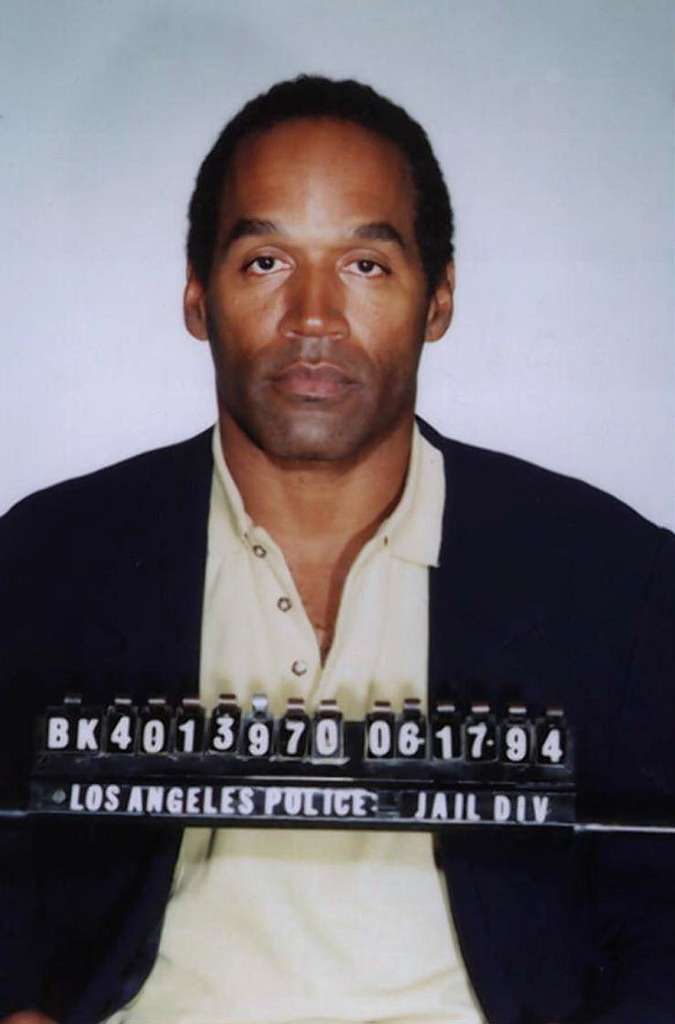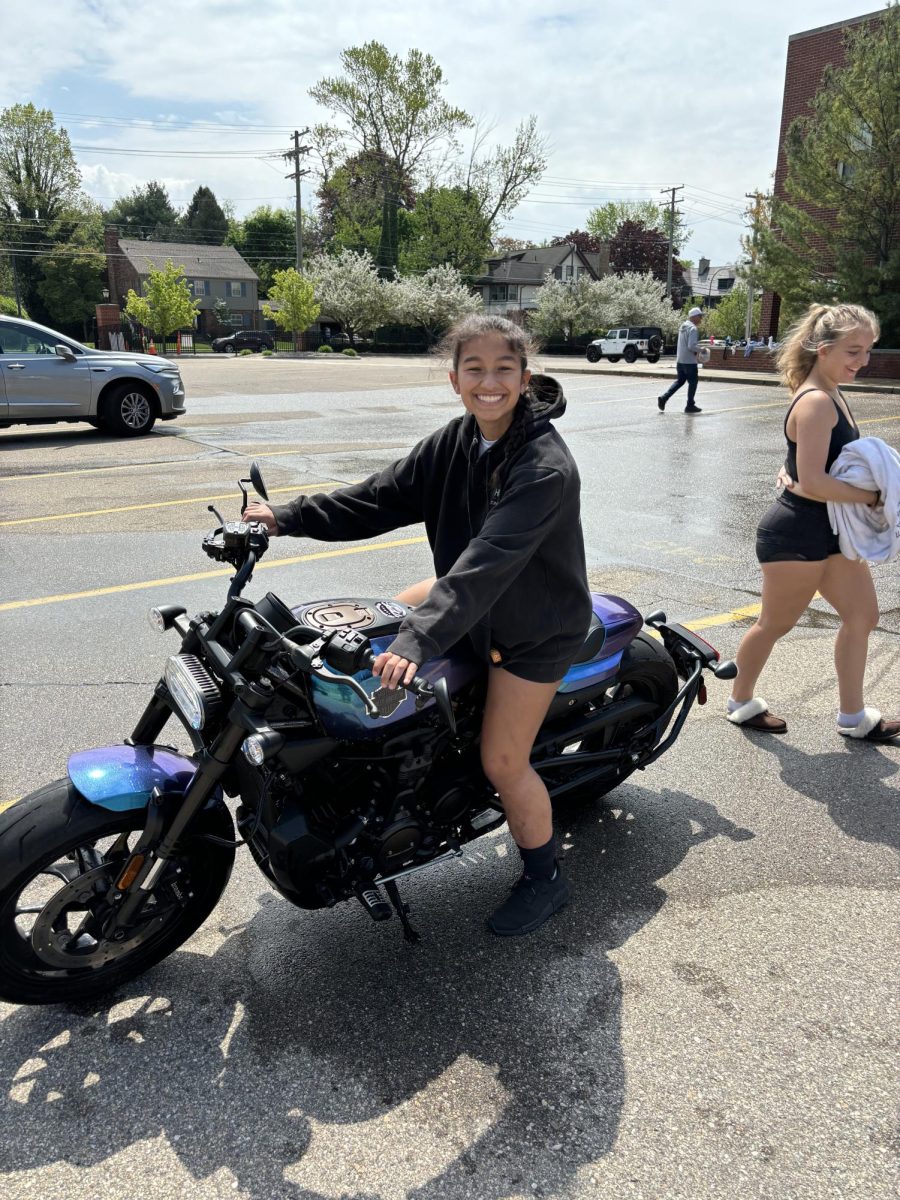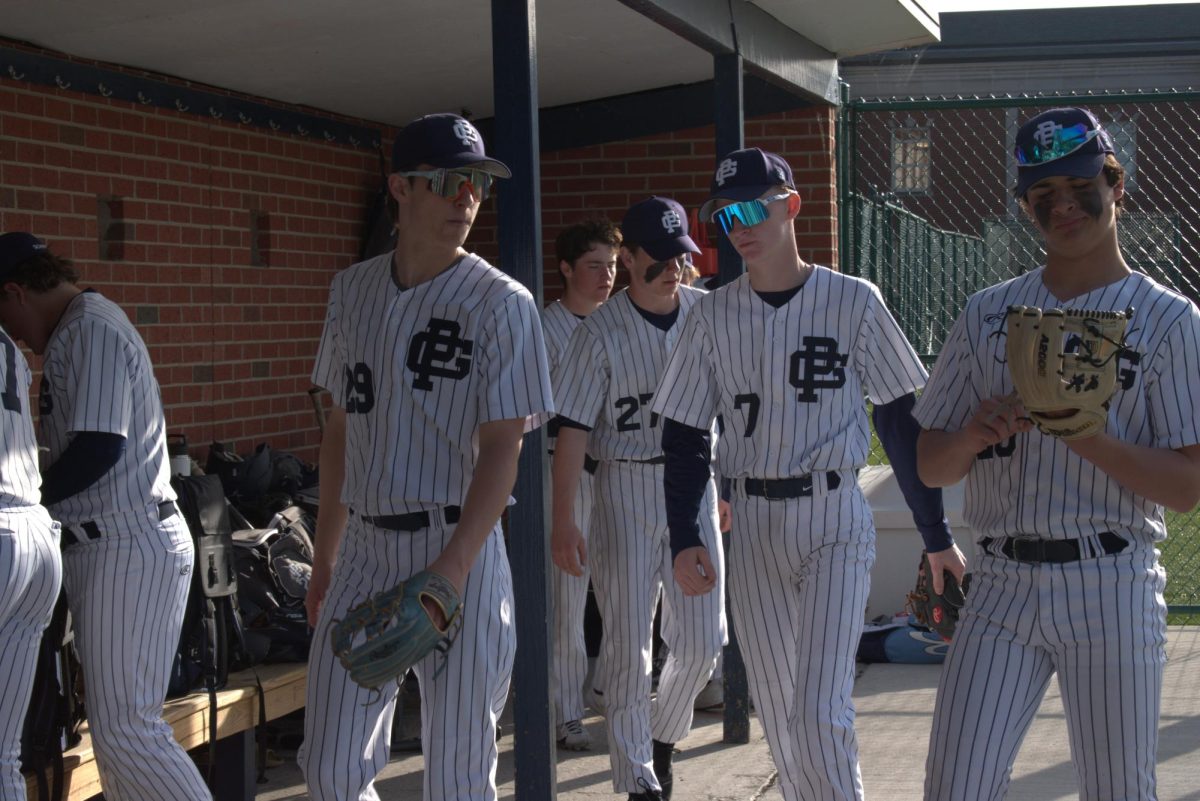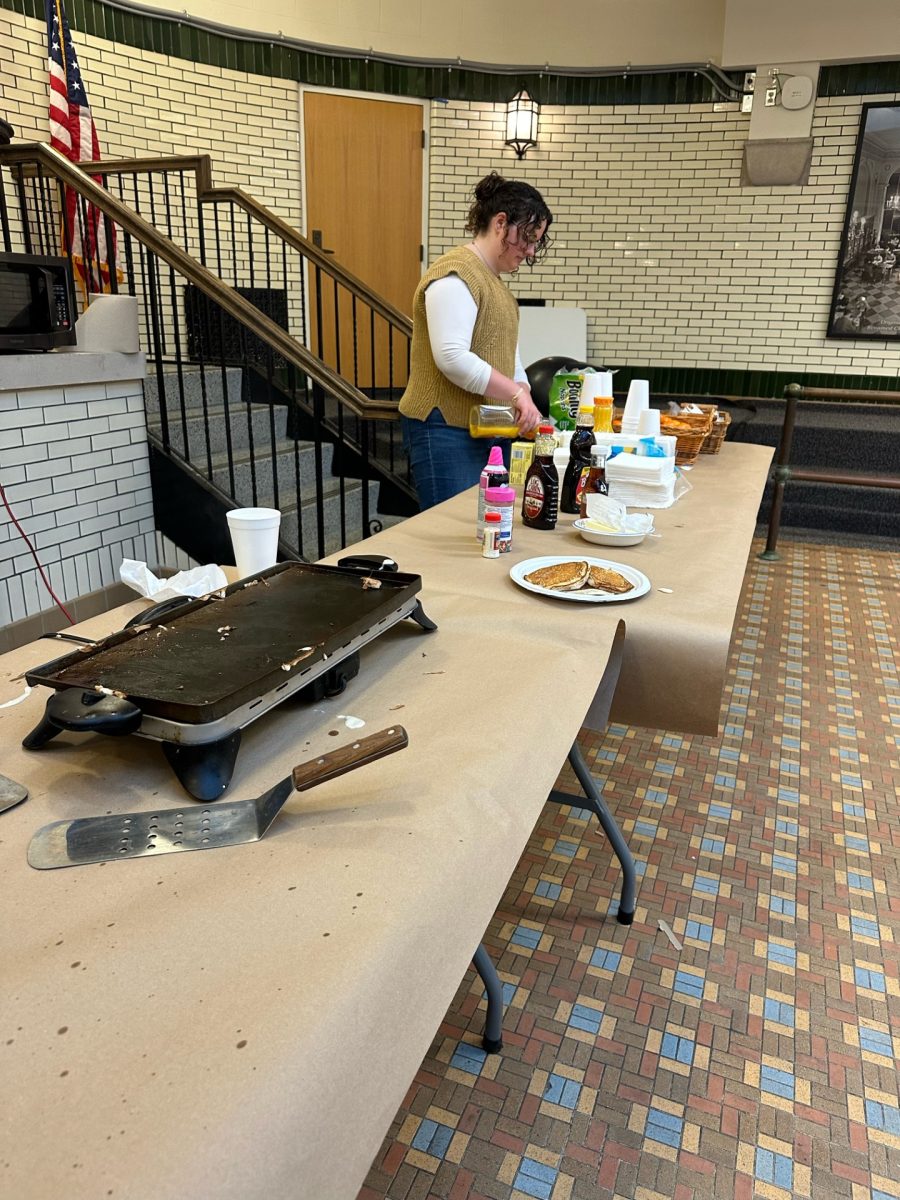
By Price Zimmer ’14 and Matt Schulte ’15 | Entertainment Editor and Staff Writer
An incredibly visceral experience filled with the type of raw human emotion that can only be found in movies, “12 Years a Slave” is one of the most important films in recent memory and also one of the best. Director Steve McQueen’s adaptation of Solomon Northup’s memoir of the same name is not only historically and terrifyingly accurate but also addictively entertaining and at times brutally informative.
The film depicts the hardships faced by Solomon Northup played by Chiwetel Ejiofor, an upper class, free African American who was systematically kidnapped and sold into slavery. The film itself is unflinching, showing the violent punishments that every slave during the 1800’s experienced. At many points, “12 Years a Slave” was painful and uncomfortable to watch. For example, Sean Bobbitt uses an extremely long take of Northup gasping for air as he is hanging from a rope, but at the same time sinking in mud to showcase the imminent death that many slaves faced.
Bobbitt takes the true story of Solomon Northup’s odyssey to Louisiana and the heart of slavery to further authenticate the feeling that one is in the antebellum South. His best shots are usually those that focus on the characters and the actors performing them, in the midst of either a bayou, cotton plantation or a Southern state house. He also gives the audience a great sense of confinement, especially how he doesn’t use establishing shots to show the outside of the steamboat that takes Northup to New Orleans, as if the audience is trapped on the slave ship with him.
It is not often that the entire cast of a film has a flawless performance, but in “12 Years a Slave,” flawless may be an understatement. During the duration of the film, Ejiofor was a man of many emotions, displaying a range and relatability that lesser actors would struggle mightily to work out. Movie goers are inspired as Ejiofor plays the part of family man and accomplished violinist, and are then horrified when he is thrust into the identity of “Platt the slave” and destroyed piece by piece over the next twelve years.
Michael Fassbender also delivers a stellar performance as Edwin Epps a ruthless, psychotic drunkard of a slave owner who has a special sense of self-righteousness. Fassbender dominates the screen at times and there is never any doubt that he is dangerous, even causing the audience to audibly gasp at his words and actions, as if on command.
Other notable performances include Benedict Cumberbatch as William Ford, a Baptist lumber producer/slave owner who is protective of Northup; Lupita Nyong’o has a breakout performance as the slave Patsey, a sexually and physically abused slave on the Epps plantation who has caught the attention of Epps. While the “good guy” Brad Pitt playing the anti-slavery Samuel Bass might be a bit of a low point, however, he is by no means terrible and does not drag the film down much at all.
McQueen himself, already an accomplished film director from such movies as “Shame” and “Hunger” has thrust himself into the spotlight with his exemplary effort. He keeps the film moving at a solid rate, never dragging too much, but also maintains a stern focus on the subject matter, brutal as it is, never letting the film turn away–as so many others would have–from the shocking tragedy that has befallen Northup and the injustices served by slavery.
While, “12 Years a Slave” is an excellent film, it is not perfect. The beginning shots are extremely abrupt and erratic, which is eye straining. That being said, the beginning quarter of the movie seemed like more of a montage of clips than a full length feature. To some, the irregular transitions symbolize the chaos that Solomon Northup endured during his capture, but others may find it a tad tedious.
Without a doubt, “12 Years a Slave” is the best film about slavery ever made because of how honest it is toward human emotion and the terrible circumstances into which it has thrust the characters, particularly Northup. “Slave” figures to play a large part during the award season, and should feature Academy Award nominations for Best Picture, Best Actor, Best Supporting Actress, Best Supporting Actor and Best Director.
Grade: A
















































































